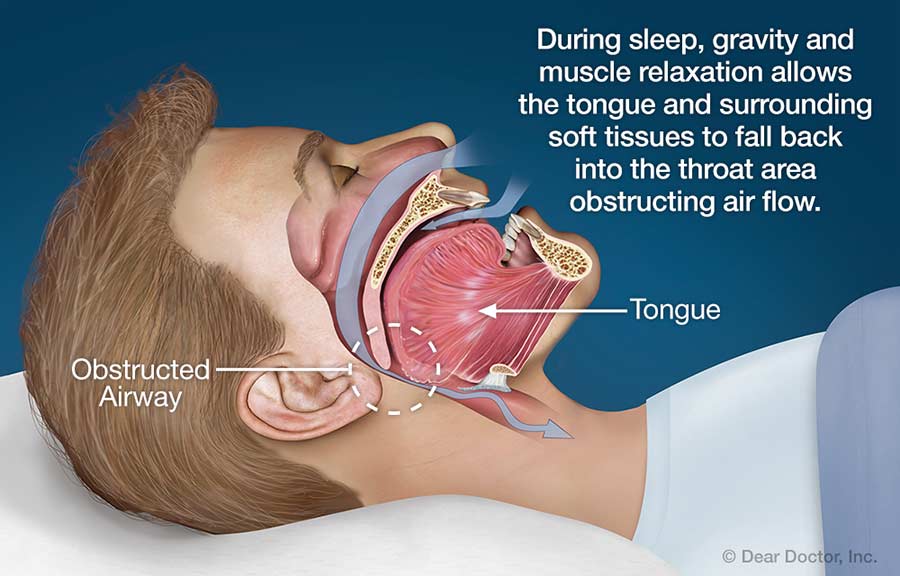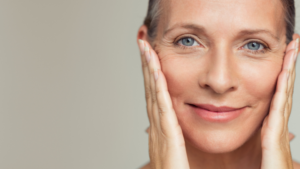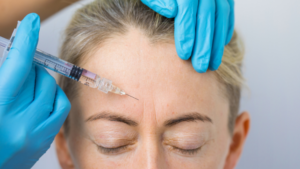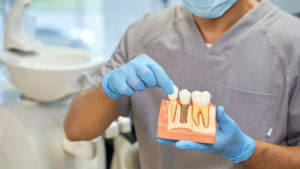Sleep apnoea is a serious sleep disorder where your breathing repeatedly stops and starts during sleep. This interruption occurs due to partial or complete blockage of the airway. It’s often associated with severe snoring and can lead to significant health risks if left untreated.
Symptoms of Sleep Apnoea
Recognising the symptoms of sleep apnoea is crucial for early intervention. Common symptoms include:
- Loud Snoring: Often the most noticeable symptom, especially by a partner.
- Episodes of Breathing Cessation: Witnessed by another person during sleep.
- Gasping for Air During Sleep: Often followed by abrupt awakenings.
- Morning Headaches: Resulting from low oxygen levels during the night.
- Excessive Daytime Sleepiness: Due to disrupted sleep patterns.
- Difficulty Concentrating: A common result of poor sleep quality.
If you experience any of these symptoms, it’s essential to seek a sleep apnoea diagnosis to confirm the condition and explore treatment options.
Causes of Sleep Apnoea
Several factors can contribute to sleep apnoea, including:
- Obesity: Excess body fat, particularly around the neck, can obstruct the airway.
- Anatomical Factors: A thicker neck, narrow airway, or misaligned jaw can increase the risk.
- Lifestyle Factors: Smoking and alcohol use relax the muscles in the throat, worsening symptoms.
- Genetics: A family history of sleep apnoea increases the likelihood of developing the condition.
For more detailed information on the causes, you can visit NHS Sleep Apnoea.
The Risks of Untreated Sleep Apnoea
Leaving sleep apnoea untreated can lead to severe health issues, including:
- High Blood Pressure: Due to the constant strain on your heart.
- Heart Disease: Increased risk of heart attacks or strokes.
- Type 2 Diabetes: Linked with obesity and poor sleep.
- Chronic Fatigue: Persistent exhaustion that affects daily life.
- Mental Health Issues: Including depression and anxiety due to sleep disruption.
Learn more about the long-term risks of sleep apnoea.
Sleep Apnoea Treatment Options
Various treatments are available depending on the severity of your condition:
- Lifestyle Changes: Weight loss, regular exercise, and avoiding alcohol can significantly improve symptoms.
- Oral Appliance Therapy: A custom-fitted mandibular advancement device created by a sleep apnoea dentist can help keep your airway open.
- CPAP Alternatives: While CPAP is a common treatment, non-CPAP options such as dental mouthguards for sleep apnoea offer effective solutions for many patients.
- Surgery: In severe cases, surgical options like Uvulopalatopharyngoplasty (UPPP) may be recommended.
Explore non-CPAP treatments for sleep apnoea to find the best solution for you.
Why Choose a Sleep Apnoea Dentist?
A specialised sleep apnoea dentist can provide tailored treatments that significantly improve your quality of life. At 92 Dental, we offer a range of dental solutions, including custom-fitted devices designed to alleviate symptoms effectively.
Improving Your Quality of Life
Untreated sleep apnoea can severely impact your daily life, leading to chronic fatigue, reduced concentration, and increased risk of serious health conditions. Dental solutions offer a non-invasive, effective way to manage and treat sleep apnoea, allowing you to enjoy restful, uninterrupted sleep.
If you suspect you have sleep apnoea or have been diagnosed and are seeking effective treatment, contact us at 92 Dental. Our specialists are here to help you explore the best sleep apnoea treatments in Hammersmith, London and improve your quality of life.




